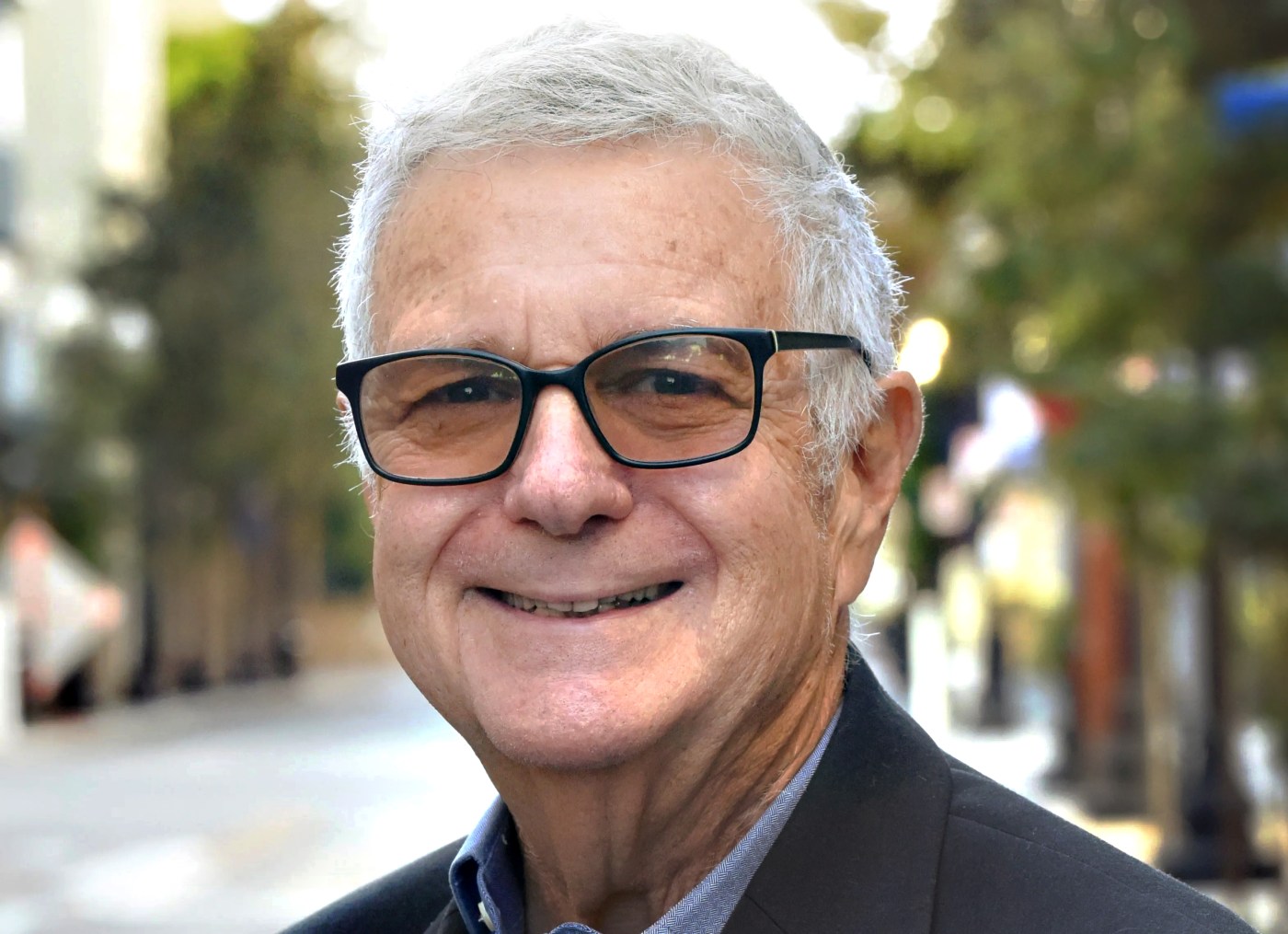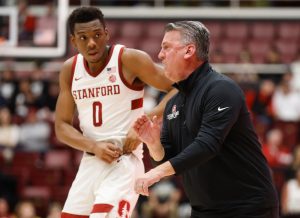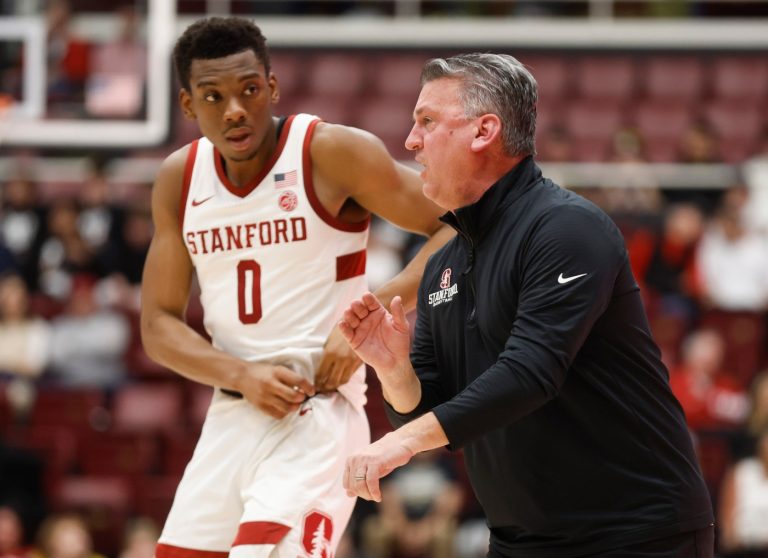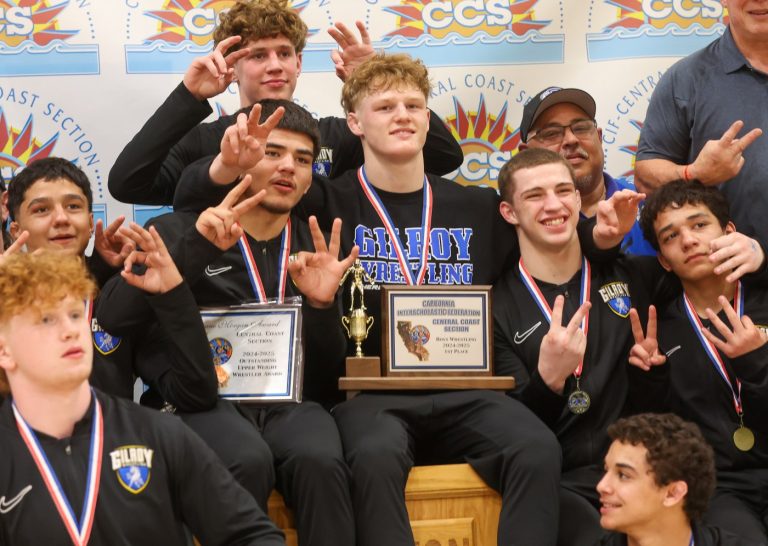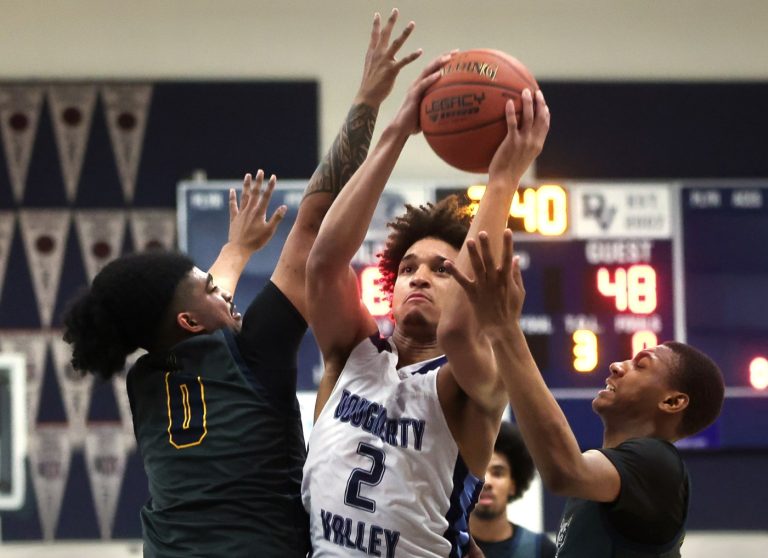I’ve been covering tech from my perch in Silicon Valley since the early 80s, and when I went on the road, it was typically for tech conferences in places such as New York, Las Vegas, Austin and Berlin. But I spent two days last week at the RegenAI Summit in Ashland, Oregon, a city of 21,000 in the mostly rural Rogue Valley, about 15 miles from the California border.
What distinguished this event from other conferences I’ve attended is that it was largely focused on the needs of local communities. Even its name, RegenAI, is a play on three words: region, regenerative and generative, as in finding ways to use generative AI to help regenerate this rural region of southern Oregon,
Shakespeare, agriculture, wilderness, recreation and spirituality
Ashland is best known for its Shakespeare Festival, but the area is also rich in outdoor recreational activities and is also known for agriculture and wine industry. It’s surrounded by forests and wilderness areas — and fire danger. There is also evidence of what we used to call the “counter culture” — spirituality, emotional support, body awareness and healing.
So it was no surprise that much of the conversation focused on AI and ecological systems, sustainable communities, collaborative governance, acceptance and individual well-being. The website invited attendees to “Discover and demonstrate how AI can support personal purpose, mental and physical resilience, and the cultivation of a regenerative mindset.”
Steeped in practicality
Conference co- coordinator Thor Muller, who moved to Ashland after working as an entrepreneur and author in Silicon Valley and Amsterdam, helped me better understand what I learned. “We have to be practical. We have to think about these technologies as solving real problems that matter to us. It’s not optimizing advertising or generating better marketing copy. It is literally how we make resilient forests so that the fires don’t spread and kill us all.”
One big difference between the Rogue Valley and Silicon Valley, said Muller, is that “there’s not a lot of money sloshing around here. People are focused on projects close to home, like restoring wilderness or dealing with challenges in the educational system or rethinking our food system.
The conference largely focused on practical solutions.
“At the same time,” he said, “people are brought here to have meaningful lives, and that isn’t merely lives of ideas. It’s of the mind, it’s of the heart and the body, and so we wanted this event to be a holistic event.” He added, “When people talk about AI, they feel it in their bones. It might be they feel fear, or it might be that they feel hope.”
You’re not likely to hear that from most tech conference organizers.
I wasn’t the only Bay Area resident at the event. Toshi Anders Hoo, the director of the Emerging Media Lab at Palo Alto-based Institute for the Future, said he was there mostly to listen.
“I do think the conversation around AI and technology in general is incredibly overly focused on what’s happening in the Bay Area,” he told me. “And I think there’s a lack of diversity in the vision, the thinking, the language, the incentives that is really kind of making the conversation about AI very limited and not as open as it needs to be given the kind of widespread impact and potential of this technology.”
The event was also an opportunity to think about AI and human rights from a regional perspective.
Brittan Heller from Stanford Law School’s program in Law, Science and Technology, reminded attendees that “human rights is an international regime” that countries agreed on after the atrocities of World War II. In an interview, she pointed out that there are two things you don’t see in the global AI regulatory space. “One is a community-based approach on how is this going to impact cities, towns, groups of individuals.” Another is that we don’t have regional approaches on how AI is “going to impact us specifically and differently.” She called it a “hole in international law.”
Solving real-world problems
What struck me about the conference were the down-to-earth AI applications. Cynthia Salbato attended the conference to help learn how to apply generative AI to her work at ScienceWorks, the local hands-on science museum. “Our science museum is in an area that can’t really support it,” she told me. “We don’t have the financial wherewithal. So with AI, we can use staff more judiciously, we can use our money and leverage it so that we can create programming using AI to help us act like we’re a big operation like the Oregon Museum of Science and Industry or the (San Francisco’s) Exploratorium.”
She’s also part of a group that’s “come together around resiliency and fire prevention,” which is using AI to help write an EPA grant.
Heather Stafford, the executive director and CEO of the Rogue Workforce Partnership, a business-led coalition that works to strengthen the economy of the Rogue Valley region, attended the conference on how AI can help “everyday humans” rather than “just tech titans.” She worries about the shrinking middle class and seeks “ways to enable those left out of the economy to become digitally literate.”
She said, “If you can use natural language and talk to computers, your time to market is so much faster in the workforce. It’s a much more trainable skill. You don’t have to go to school for six years and learn how to code.”
I agree. What some call “prompt engineering” is part of the skill set needed to use AI to generate code rather than having to write the code. Though programmers I’ve spoken with say — at least for now — they still need to tweak AI generated code, AI can build prototypes, create subroutines and validate code. Eventually it might be able to generate sophisticated software on demand. One of the breakout sessions featured Ashland-based AI engineer Aaron Moffatt, who used a web-based service called Claude AI to generate the front-end website for making hotel reservations. It wasn’t a fully functional site, but it was an amazing start, considering it took only a few seconds to create.
Muller said that he hopes to replicate this event in other regions around the country, and I look forward to attending some of these to learn how other Americans — people who don’t live in big cities and tech centers — are grappling with artificial intelligence. Based on what I saw in Ashland, many of us in Silicon Valley have a lot to learn.
You can listen to a podcast from the conference at ConnectSafely.org/Podcast.
Larry Magid is a tech journalist and internet safety activist. Contact him at larry@larrymagid.com.
